-
About
- About Listly
- Community & Support
- Howto
- Chrome Extension
- Bookmarklet
- WordPress Plugin
- Listly Premium
- Privacy
- Terms
- DMCA Copyright
- © 2010-2025 Boomy Labs
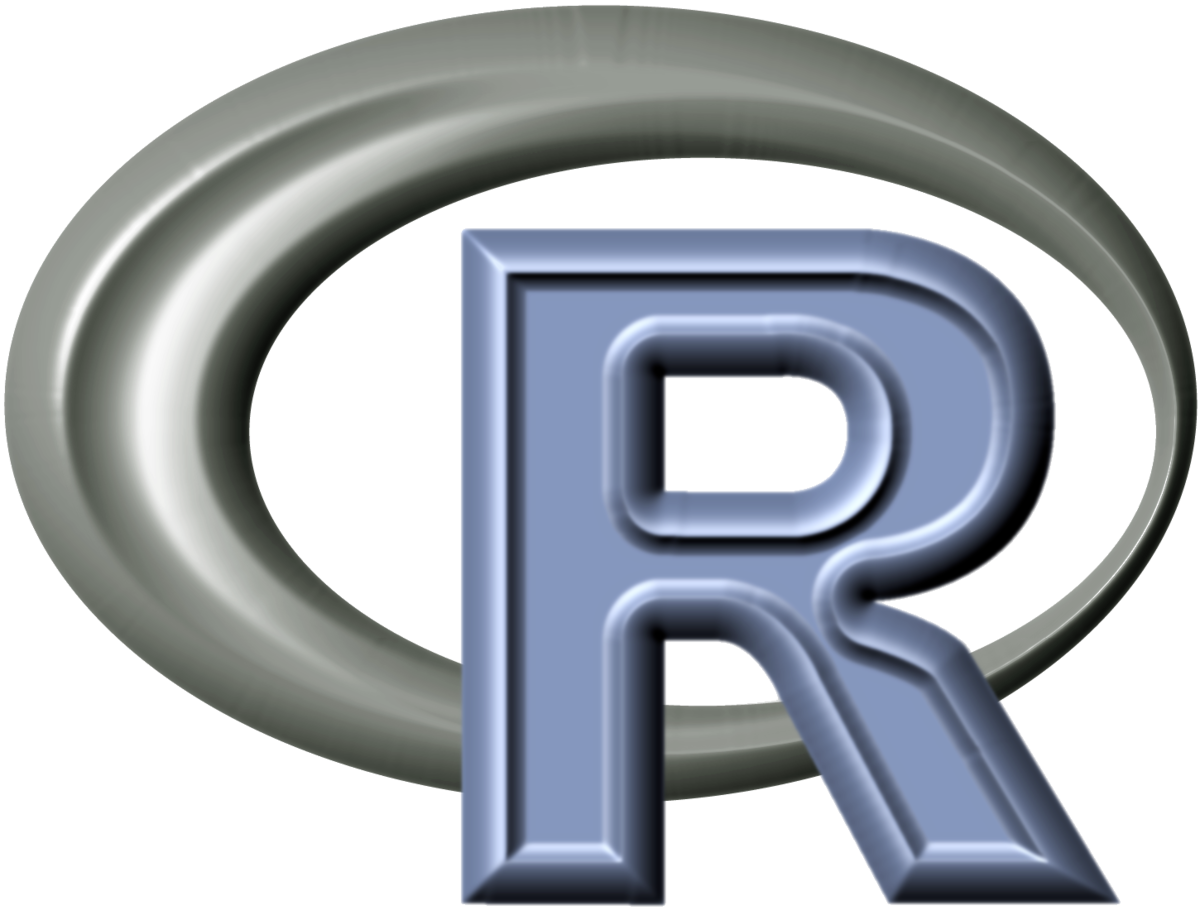

 Rajashri Venkatesh
Rajashri Venkatesh
Listly by Rajashri Venkatesh
R programming is one of the leading tool for statistical operations and visualisation. R is a powerful language for statistical computing and graphics that can handle virtually any data-crunching task. It runs on all important platforms and provides thousands of useful specialised modules and utilities. This makes R a great way to get meaningful information from mountains of raw data. The list has the best books to learn R programming.
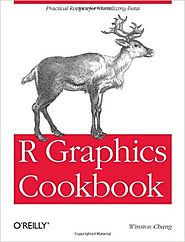
Winston Chang is a software engineer at RStudio, where he works on data visualization and software development tools for R. He holds a Ph.D. in Psychology from Northwestern University. During his time as a graduate student, he created a website called "Cookbook for R", which contains recipes for handling common tasks in R. In previous lives, he was a philosophy graduate student and a computer programmer.
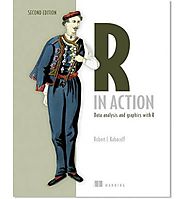
R in Action is a language tutorial focused on practical problems. It presents useful statistics examples and includes elegant methods for handling messy, incomplete, and nonnormal data that are difficult to analyze using traditional methods. And statistical analysis is only part of the story. You'll also master R's extensive graphical capabilities for exploring and presenting data visually
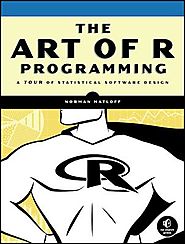
The Art of R Programming takes you on a guided tour of software development with R, from basic types and data structures to advanced topics like closures, recursion, and anonymous functions. No statistical knowledge is required, and your programming skills can range from hobbyist to pro.
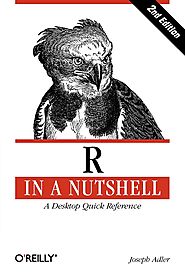
If you’re considering R for statistical computing and data visualization, this book provides a quick and practical guide to just about everything you can do with the open source R language and software environment. You’ll learn how to write R functions and use R packages to help you prepare, visualize, and analyze data. Author Joseph Adler illustrates each process with a wealth of examples from medicine, business, and sports.
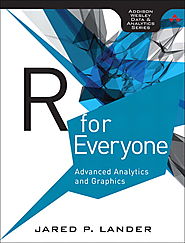
Statistical computation for non-statisticians like computer programmers, social scientists, biologists, physicists, and quants.Using the free, open source R language, scientists, financial analysts, public policy professionals, and programmers can build powerful statistical models capable of answering many of their most challenging questions. But, for non-statisticians, R can be difficult to learn-and most books on the subject assume far too much knowledge to help the non-statistician.
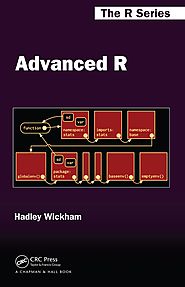
“Advanced R”is designed primarily for R users who want to improve their programming skills and understanding of the language. It should also be useful for programmers coming to R from other languages, as it explains some of R’s quirks and shows how some parts that seem horrible do have a positive side.
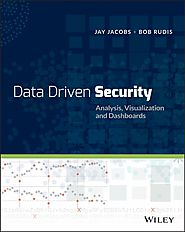
Security professionals need all the tools at their disposal to increase their visibility in order to prevent security breaches and attacks. This careful guide explores two of the most powerful ? data analysis and visualization. You'll soon understand how to harness and wield data, from collection and storage to management and analysis as well as visualization and presentation. Using a hands-on approach with real-world examples, this book shows you how to gather feedback, measure the effectiveness of your security methods, and make better decisions.
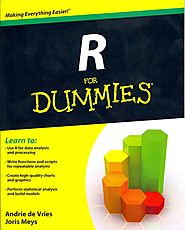
Coming to grips with R can be tough, even for seasoned statisticians and data analysts. Enter R For Dummies, the quick, easy way to master all the R you′ll ever need. Requiring no prior programming experience and packed with practical examples, easy, step–by–step exercises, and sample code, this extremely accessible guide is the ideal introduction to R for complete beginners. It also covers many concepts that intermediate–level programmers will find extremely useful.
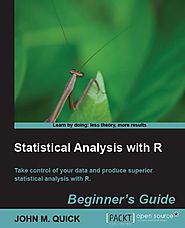
This guide uses an inventive role-playing approach to teaching the most effective data analysis techniques using R. Entertaining and involving, it comes with examples, screenshots, and code for fast learning.this book provides a good overview of using R and is correctly pitched for an audience of beginners. The underlying story frustrates me, but this is likely to be a matter of personal taste (try looking at the sample chapter linked at the top of this post to see how you feel about the story). Apart from the verbosity of the code examples the information is accurate and up-to-date. I would recommend this book for someone who has absolutely no experience with R or other programming languages and is somewhat scared of trying to learn R, as the underlying story and structure will provide a safe and comfortable environment for learning, but for those who feel they are more confident another book may be more suitable.
